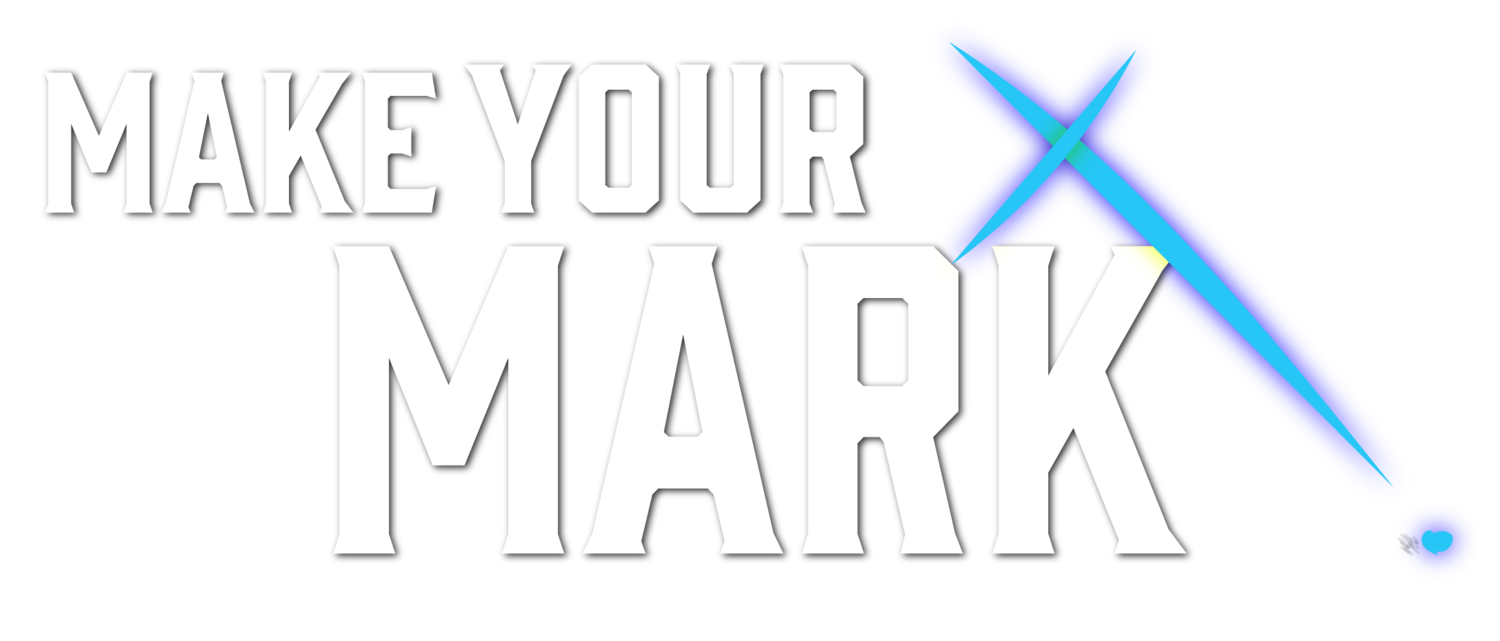Originally published to LinkedIn on June 19, 2015
For those of you who have heard me speak or read my blog posts, you know I’m not a big fan of a resume being what leads you into a potential position. It should be a record of your accomplishments and showcase of your skillset after you’ve made a great first and second impression. From experience, I’ve learned that developing strong professional relationships within a solid network of hiring managerswho will ask “Do you happen to have a resume, and would you consider working here?” versus you blindly submitting your resume to an ad posted is far more effective.
However, that may not always be the case. If someone says to you, “Forward me your resume,” do you instantly start panicking? Do you think to yourself, “What if I don’t have the right skills or qualifications listed?” or “What if the whole thing sounds like I ripped it off of the internet?” Do those questions eventually lead you to not sending it at all?
It’s a common feeling not wanting to send your resume out. Why? Because of all the mixed philosophies out there on what the “perfect resume” looks like. Nobody teaches or learns from a Resume 101 course! How are you expected to know what one hiring manager is looking for over the next? You can’t, and have no idea what their specific “checklist” might be. However, you can position your resume to be among those chosen for an interview, the one that stands out and rests at the top of the pile!
It’s all in how you sell yourself, or as I like to say, allow yourself to be bought. Is it really that simple? The answer is yes, but you have to be strategic. You need to put yourself in the mind of the reader. What do you want them to know that is going to COMPEL them to meet you? Since the typical hiring manager spends six or seven seconds looking at a resume at first glance, you need yours to GRAB them immediately. Intrigue them enough to continue reading. If you don’t catch them right off the bat, your chances of securing an interview are SLIM to NONE!
To make sure this doesn’t happen, I’ve thrown together a simple and effective resume checklist to help you avoid missed opportunities:
1) Summary Statement / Profile: You should have 2-3 sentences at the beginning of your resume, highlighting what you bring to their table, your top-line skills and expertise that they will have an interest in. It’s OK to highlight things you do in your current job, but be strategic. Don’t mention that you balance p+l statements if you don’t want to do that in your next job. Also, please don’t use words you would never actually use in conversation…you’ll get more ridicule than praise if you try jamming your summary section full of corporate speak.
2) Body: This should include only your greatest hits; the accomplishments you want people to see. Don’t list everything you did at each company you’ve worked for previously. People don’t care about what you did in the past, unless it directly impacts them going forward, positive or negative. Remember, you should make sure the reader focuses on the skills, abilities and accomplishments that shine a light on what you will bring to their table, and what you will want to be doing for them within that role. Think about any resumes you’ve read in the past…and how much of the content that was unimportant. Again, nobody cares that you implemented Windows 1 in your office back in the dark ages.
3) Education: Listing your degrees, and when you received them is important, along with any impressive awards you received during that time. But unless you recently graduated and it directly impacts the position you are seeking, we don’t need to see a list of the classes you took. Introduction to Basic Economics, or Solving Sudoku 201 will not impress anyone (other than Sudoku enthusiasts?). Another thing…the only people who want to see your education listed at the top of your resume are the educators from your schools, and they’re not the ones looking to hire you, right? Make sure you place your education under your experience, as that is what hiring managers will be focusing on the most.
4) Interests: If you feel compelled to list your interests, only list the ones that are uniquely interesting! Meaning, don’t include: reading, writing, walking, BREATHING! However, if you are into Jiu Jitsu, glass blowing, or reciting Shakespeare, I’m curious to hear more about those…and so might the hiring manager. If they don’t fall under this category, save the white space.
Don’t procrastinate in cleaning up your resume in the event that someone insists that you send it to them, hopefully towards the time you’ll be receiving an offer. After all, aside from your LinkedIn profile, this is the document many will refer to both before and after you’ve met with them. Lots more to cover on this topic…please leave your comments below, and feel free to share this with your network if you feel they can benefit from these tips!
For more great tips and strategies on how to kick your job search into high gear, keep reading these blogs, watch the video content, and reach out to me directly at mark@markmoyer.com to suggest topics you would like to see me cover in this section. Now let’s get started on Charting Your Course to Success!

